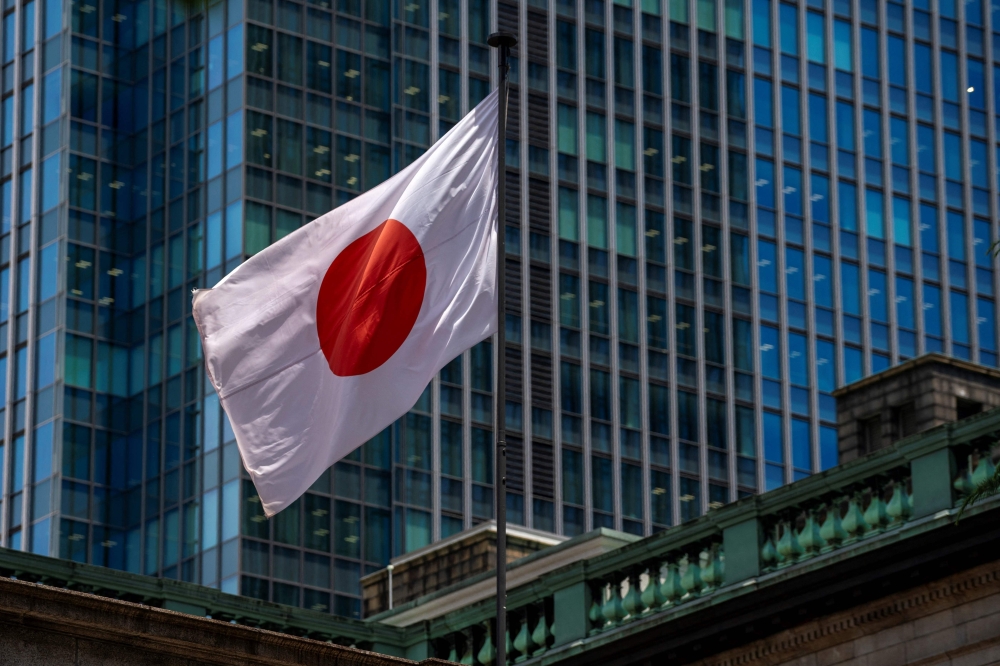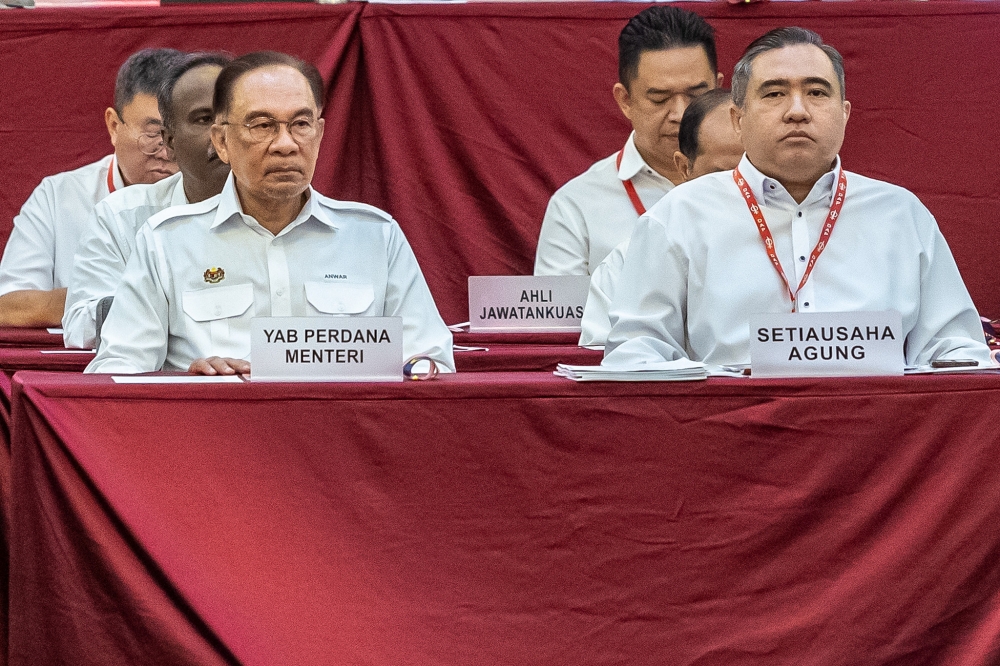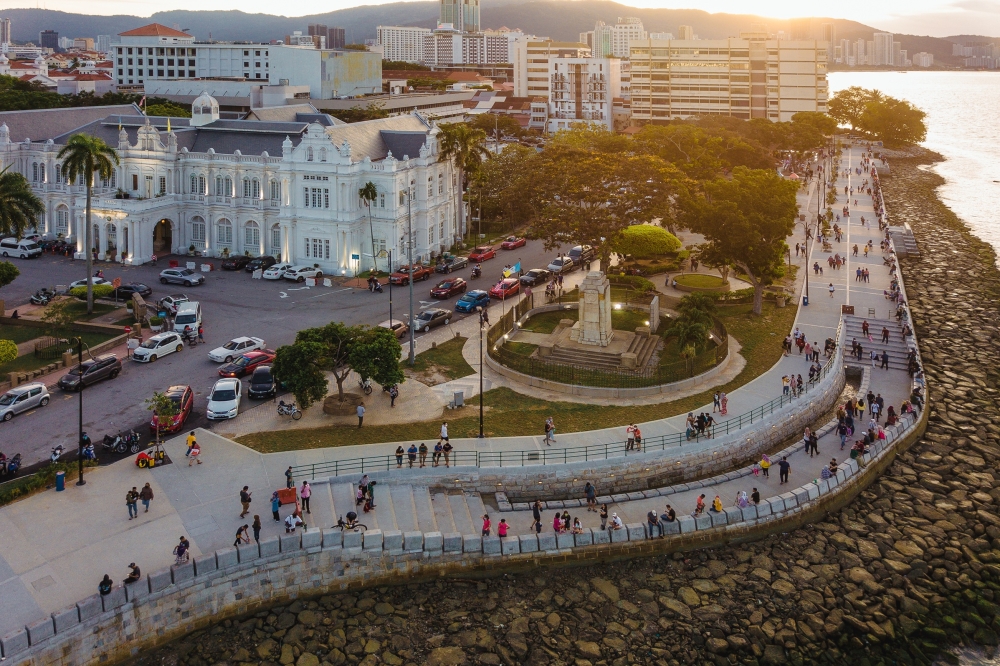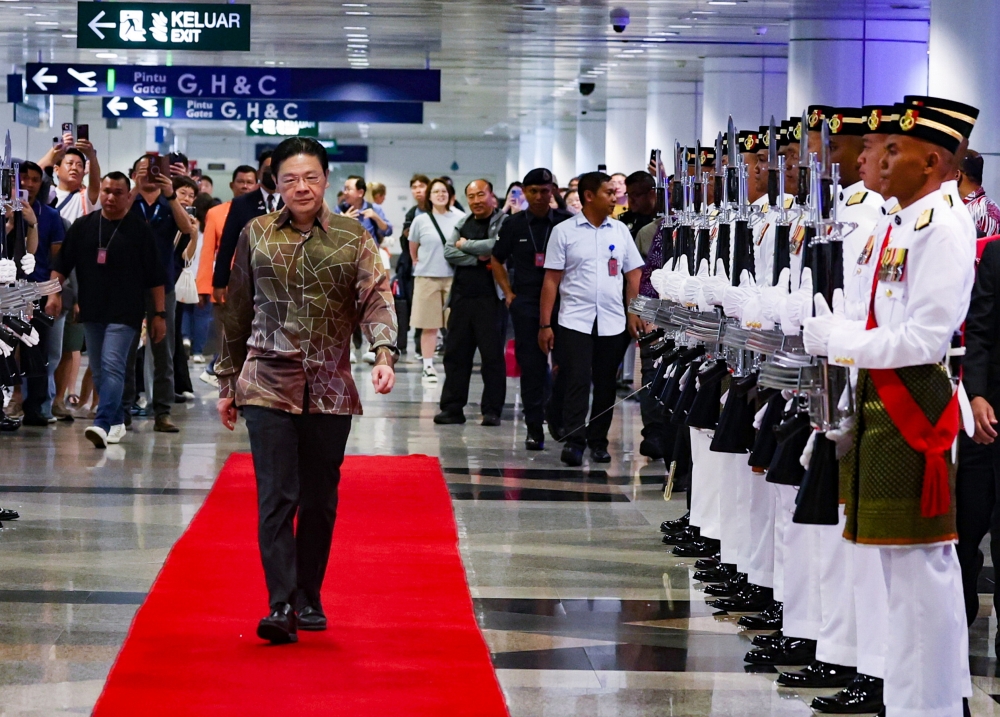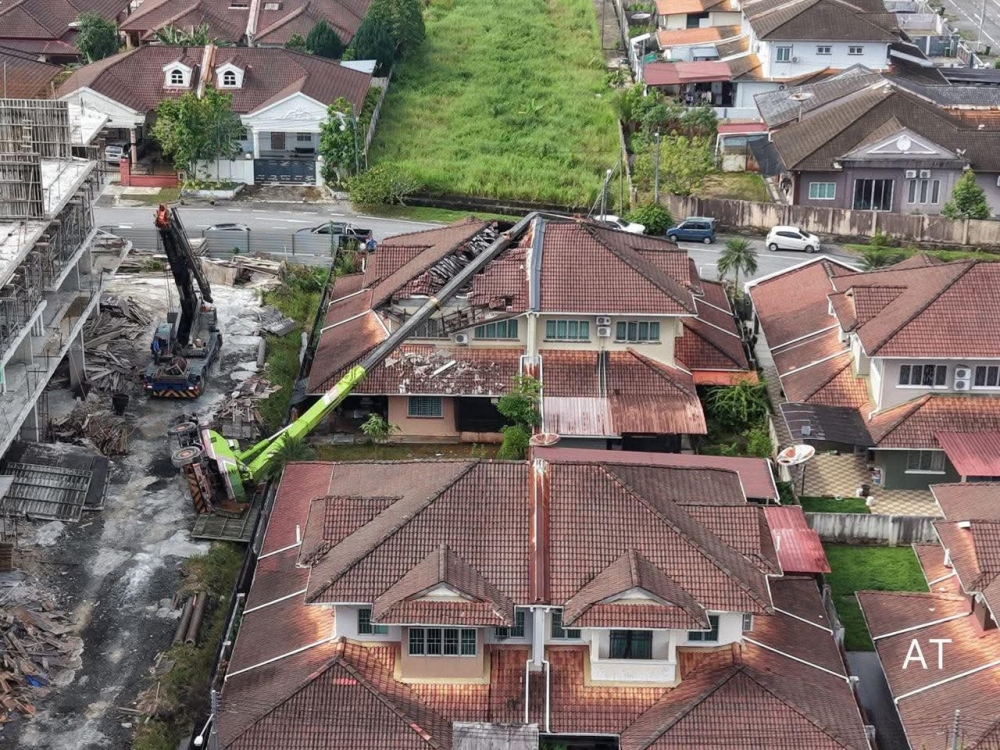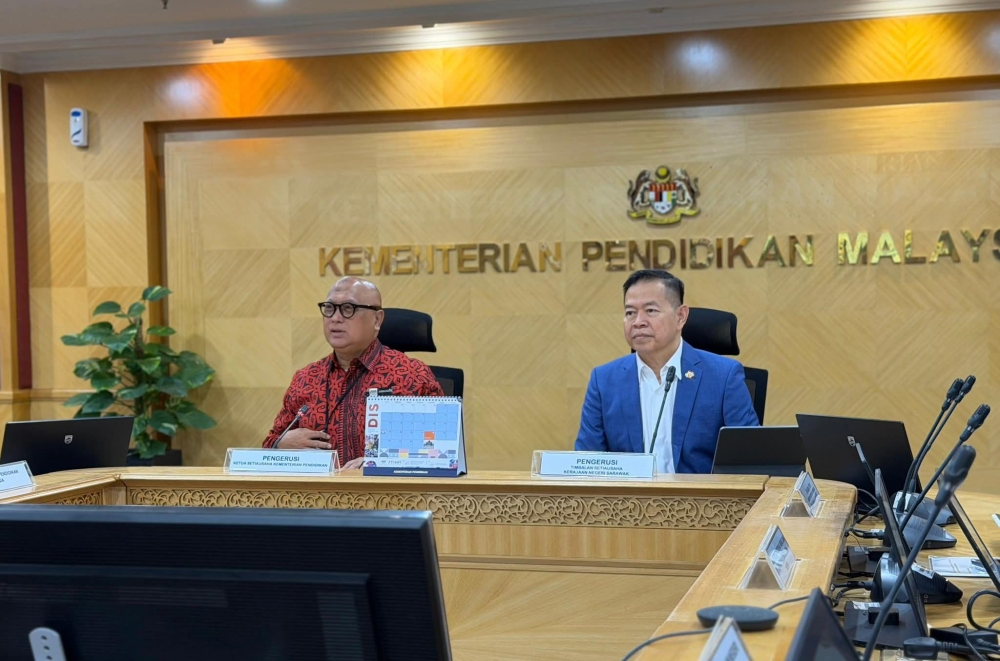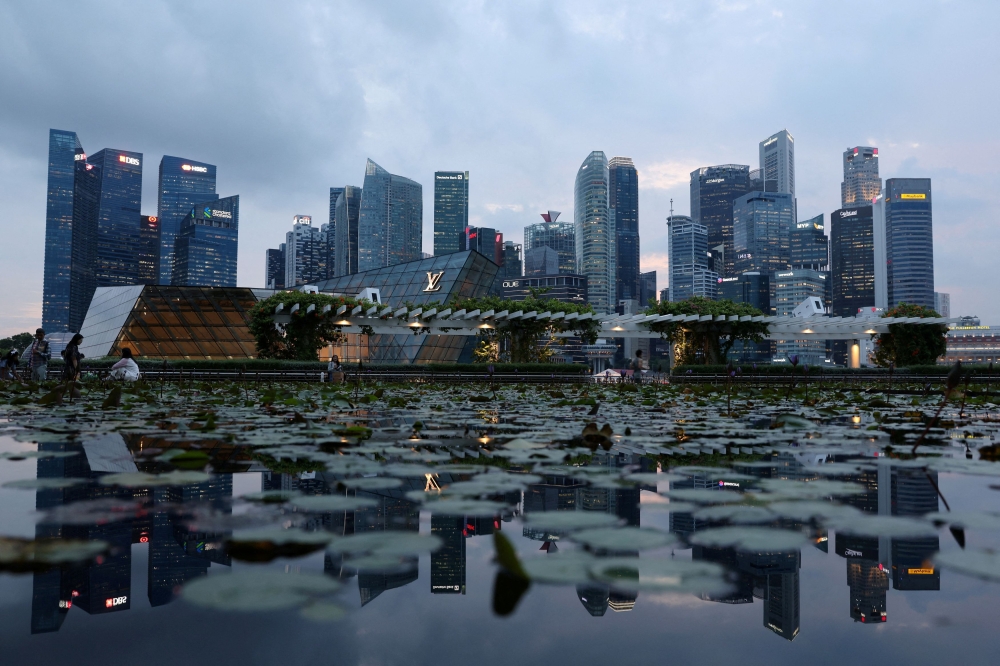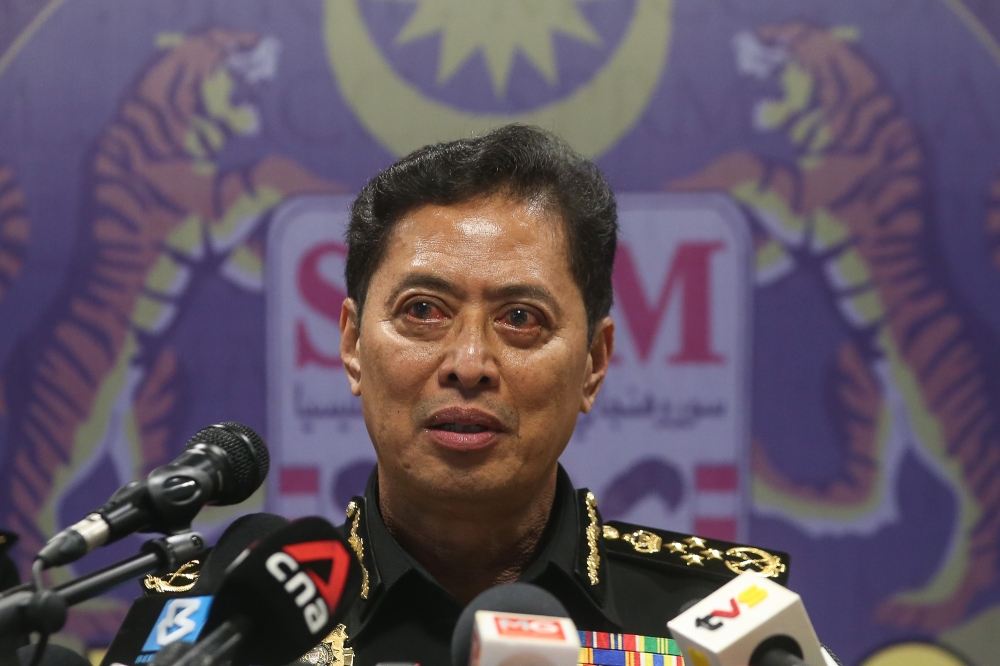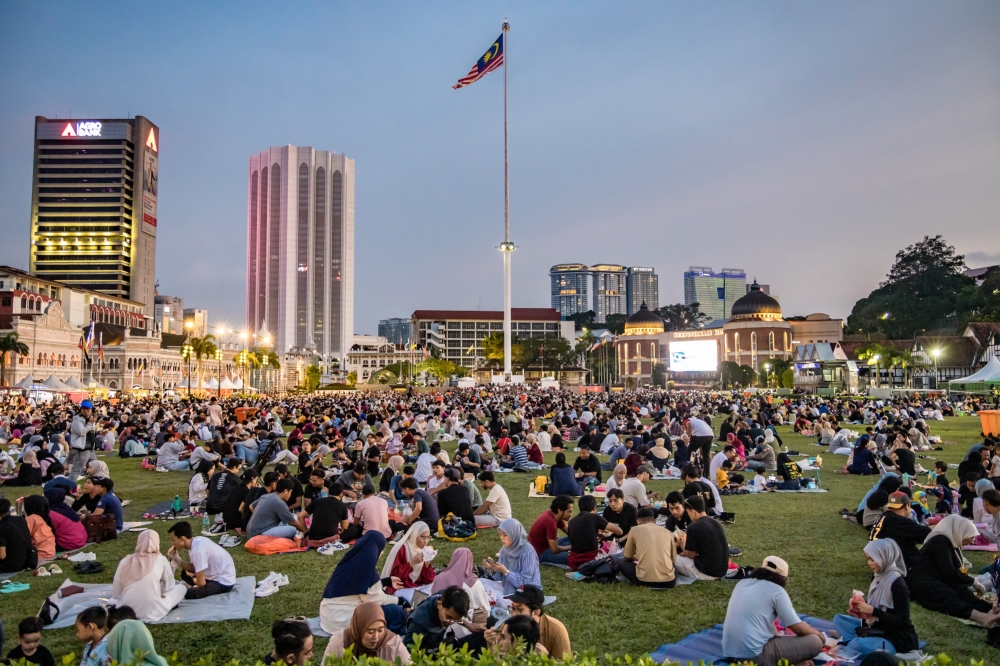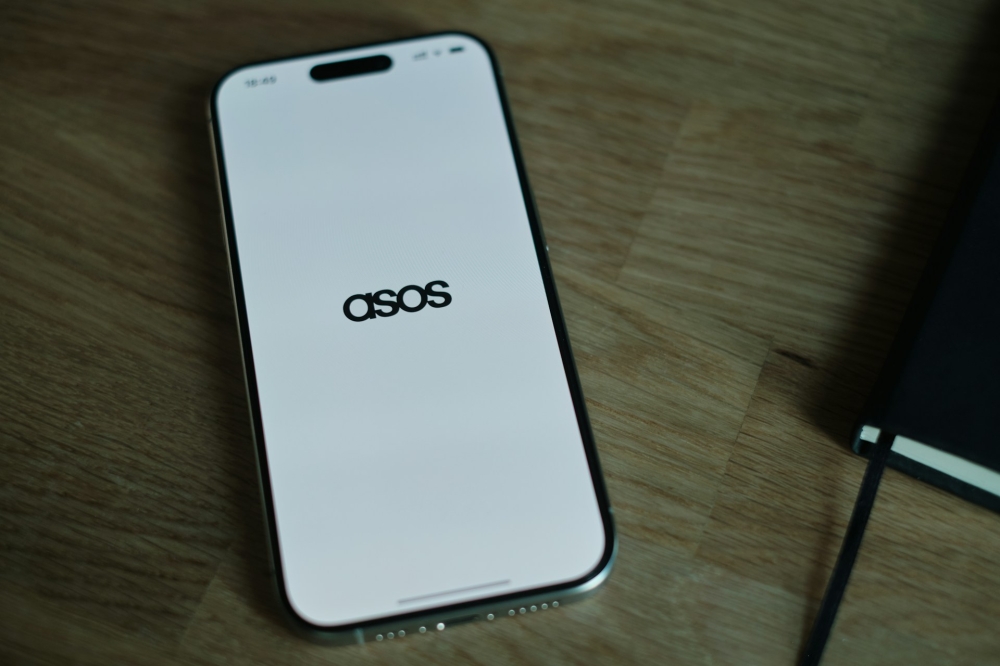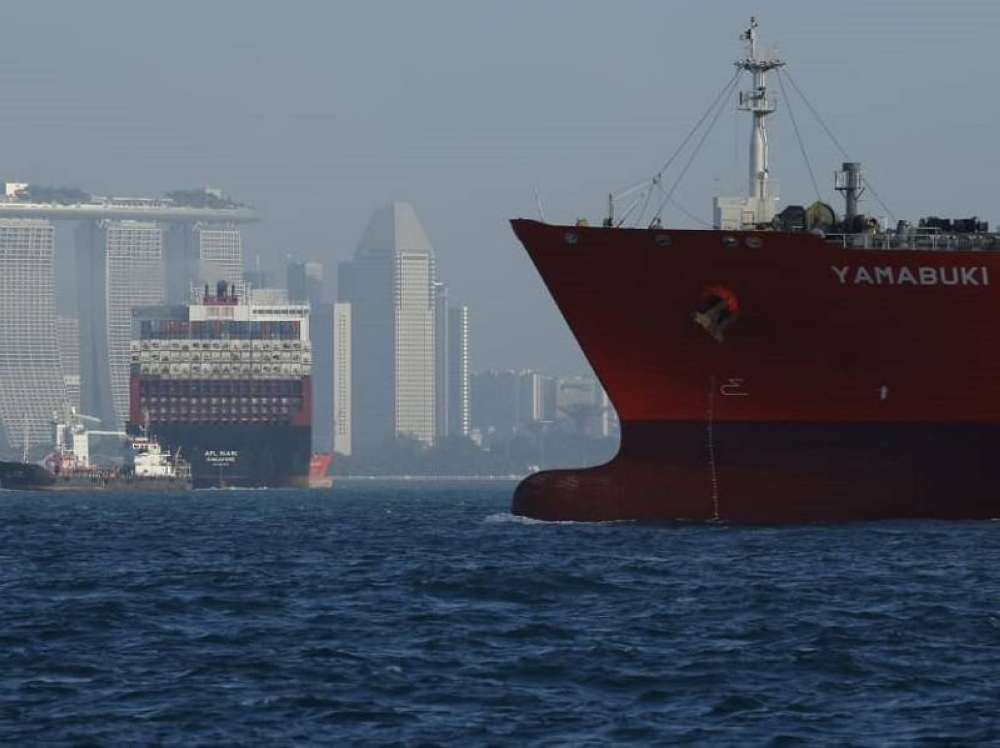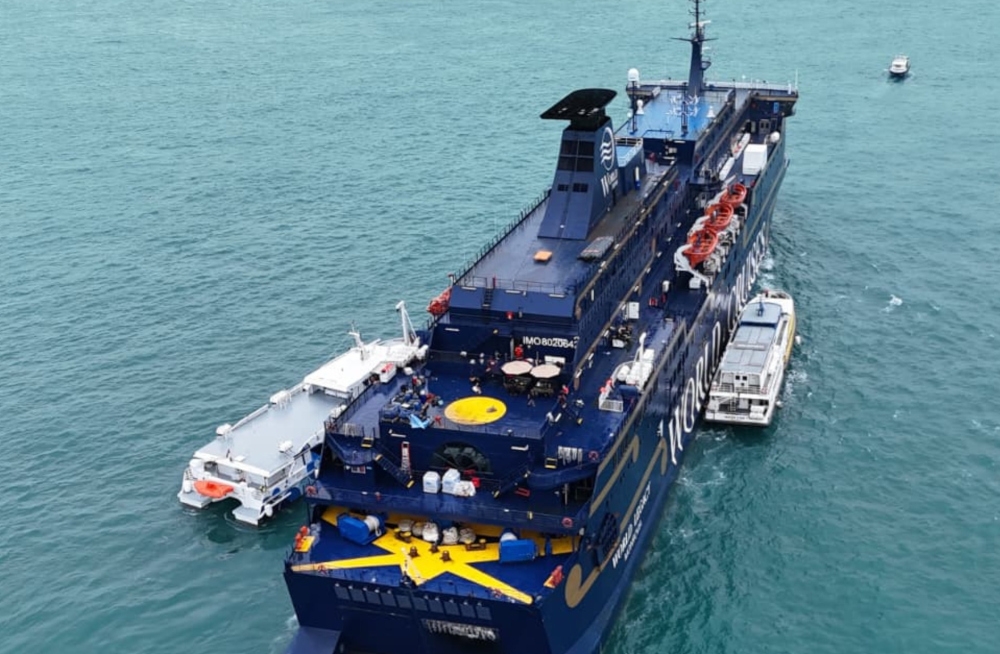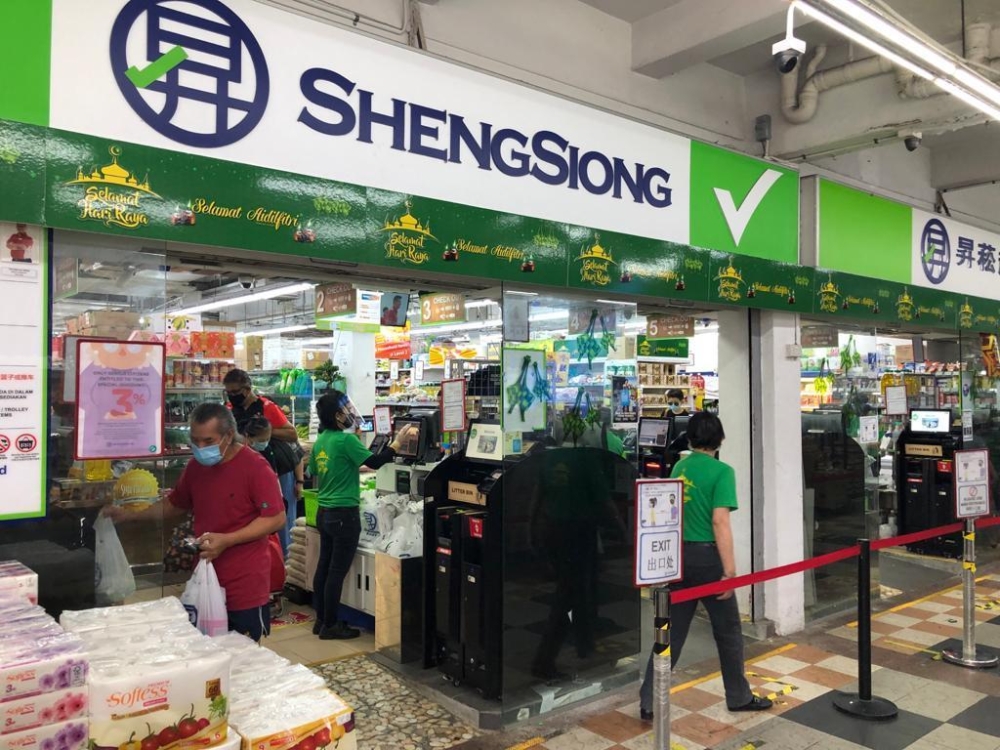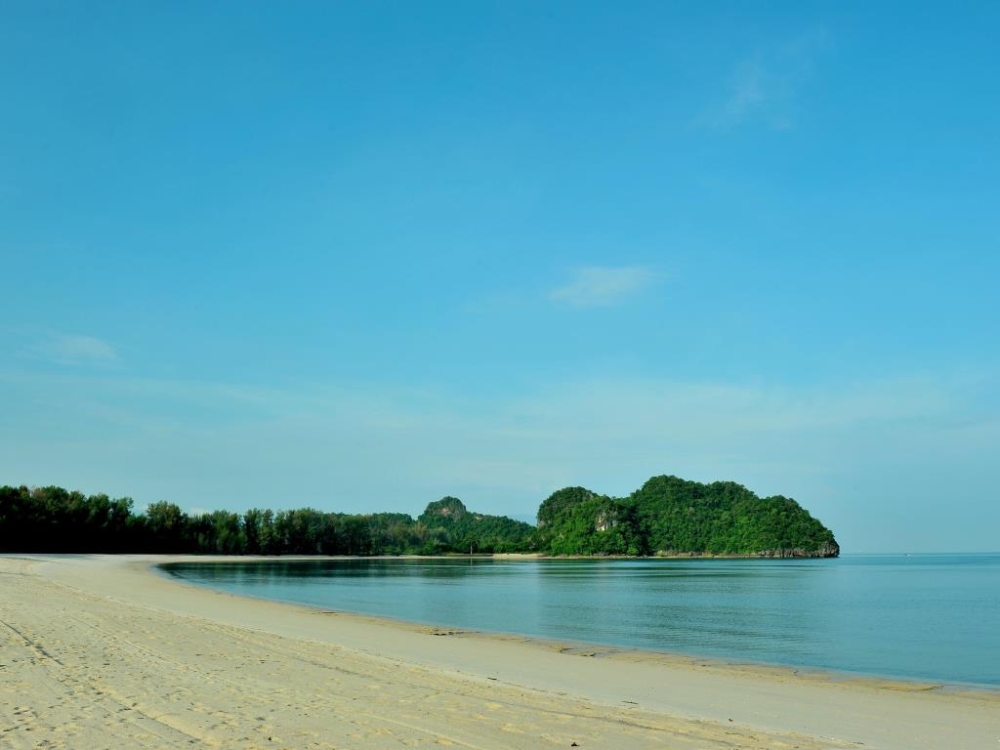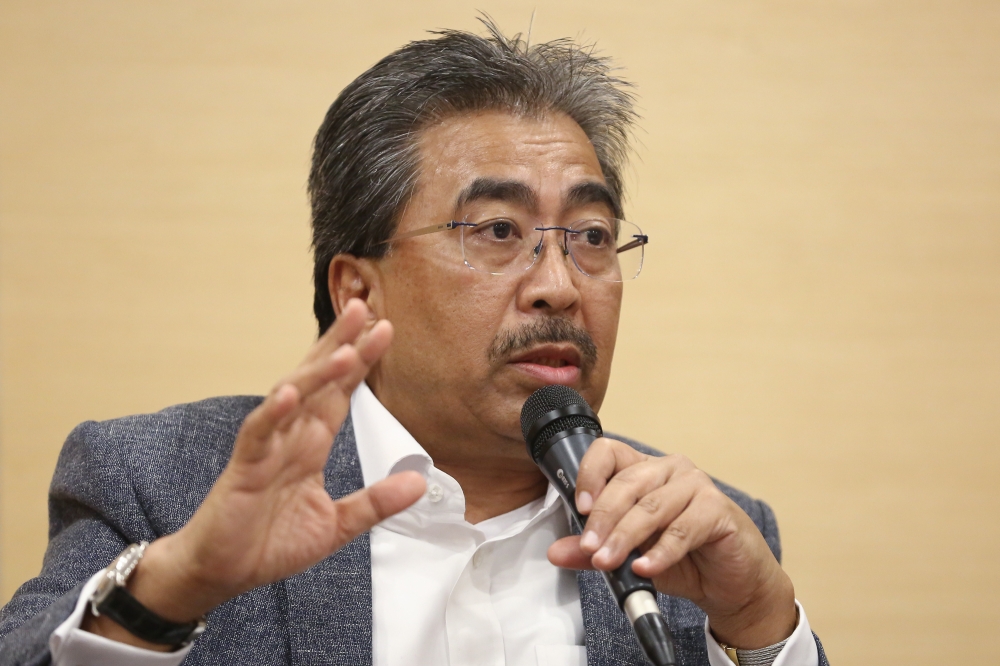SINGAPORE, Aug 6 — Despite China’s military exercises around Taiwan disrupting one of the world’s busiest shipping zones, shipping and semiconductor sector industry players said the impact on Singapore will be minimal unless the situation escalates.
The military drills — which started on Thursday (August 4) and are set to continue till Sunday — come after a visit to the island by United States House of Representatives Speaker Nancy Pelosi from August 2 to 3. Pelosi was the highest-ranked American to set foot in Taiwan in 25 years.
Part of the drills encircling Taiwan will cross the 180km wide Taiwan Strait, which is a major route for ships transporting goods from East Asia to the rest of the world, including Singapore.
Nearly half of the world’s container ships passed through the strait this year, according to Bloomberg.
In response to China’s prohibition on aircraft flying into “identified areas affected by live firing exercises”, Singapore Airlines (SIA) has cancelled two scheduled flights for Friday (August 5).
In a separate statement, budget carrier Scoot said it had cancelled all flights to Taiwan on Friday and Saturday.
While Taiwan’s Maritime and Port Bureau has warned ships to find alternative routes during China’s drills — according to online newspaper Apple Daily — semiconductor and shipping players said there will be little disruption to Singapore.
Experts also added that the impact will be milder than the sudden halt in business caused by the Covid-19 pandemic, though they are keeping an eye on the situation.
The strait is also crucial for the world’s trade of liquefied natural gas (LNG) — an energy source to generate electricity. About 95 per cent of Singapore’s electricity is powered through natural gas, but energy experts told TODAY that the country will not be impacted.
This is because Singapore gets most of its LNG through pipelines from Malaysia and Indonesia. Of the country’s imported LNG, 70 per cent is from Australia and the US in 2020, according to the US Energy Information Association.
Four-day delay will have little impact for shipping companies
“It won’t be that bad. It’s just a short disruption. If China imposes a major blockade, that means even their own ships cannot get out,” said founder of industry group Supply Chain Asia Paul Lim.
“There will be some delays for sure, but not a massive disruption,” said Lim.
A number of experts said the current delays were just an “inconvenience” that will have little impact unless the situation drags on for longer.
Associate Prof Tay Huay Ling, who specialises in logistics and supply chain management at the Singapore University of Social Sciences, said: “The disruption presents the latest inconvenience for supply chains, which have been reeling since the start of the worldwide (Covid-19) pandemic and Russia’s invasion of Ukraine.
“In the near term, I do not think there will be a significant impact on cost and price.” Assoc Prof Tay added that perishable products, such as fresh produce, will be the most affected due to longer shipping lead times.
“The pre-planned temperature-controlled equipment or facilities might not be sufficient to keep the fresh produce in optimal conditions,” she said.
Alex Capri, a research fellow at the Hinrich Foundation and a lecturer at the National University of Singapore’s Business School, said Singapore’s technology sector will also be impacted, though it is too early to tell how much.
“There is a lot of research and development taking place in Taiwan. The tech sector is very important and connectivity to the semiconductor sector in Taiwan is also very important to consumer electronics,” he said.
He added that the greatest risk now is if tensions escalate, such as into a military confrontation, this four-day inconvenience may turn into a larger problem beyond the logistics chain.
“This is a very incendiary situation, and it is going to have to be very carefully walked back to avoid any serious escalation,” said Capri.
“That’s always the risk and problem with these so-called war games and demonstratory actions when it comes to live fire exercises and so forth.” Lim said: “If North Asia goes to war, global disruptions for electronics will be at the highest level, because all the critical components, or majority of the critical components, come out from there.
“Basically a third of the world will come to a bit of a standstill... the cascading and ripple effect would be terrible.”
Uncertainty for semiconductor industry
Singapore Semiconductor Industry Association executive director Ang Wee Seng said that China’s military drills in the Taiwan Strait will disrupt the global semiconductor supply chain, including Singapore, but its impact has yet to be assessed.
Ang said that Taiwan accounts for about 20 to 25 per cent of global semiconductor production according to industry estimates.
“This means that any major disruption to Taiwan’s semiconductor industry would have a significant impact on the global supply chain,” he said.
“That said, companies in Singapore have been diversifying their supply chains to be more resilient to any disruptions.” However, Ang noted that semiconductor supply chains are “complicated and specialised”, which means that it would take time to construct new sources of semiconductor parts.
It is for this reason that China’s economic sanctions on Taiwan do not touch its semiconductor industry.
Henry Gao, an expert in Chinese trade at Singapore Management University, told news outlet Al Jazeera: “I think it is likely that China will announce other economic sanctions, but it is unlikely to be effective unless China bans its biggest import from Taiwan — semiconductors.
“However, that will hurt China itself, too, as so many Chinese firms rely on the semiconductors.”
No impact on energy supply in Singapore
Energy experts told TODAY that despite the Taiwan Strait’s crucial role for shipping of LNG, Singapore will not be impacted unless China’s de facto blockade continues long term.
David Broadstock, a senior research fellow and head of the energy economics division at the National University of Singapore, said: “The re-routing of vessels would most likely impact trade flow from Japan to other countries, and Japan is a major importer of natural gas.
“In principle the location of China’s military exercises allows for corridors of open water that vessels aimed for Japan may be able to use. However, whether they remain that way and whether the captains and fleet operators have an appetite for taking alternative routes will remain to be seen.”
Tan Tsiat Siong, a lecturer from the Singapore University of Social Sciences’ business programme, added that as Singapore’s LNG supply is mostly from Australia and the US, these trade routes “should not be directly impacted”.
He noted that Singapore’s diversification of supply sources is a “strategic goal” in ensuring Singapore’s LNG supply is not disrupted.
Broadstock added that much like Singapore, Taiwan must import fuels such as natural gas to generate electricity.
“If anything, it might be the other way around, that is the potential for an over-supply of natural gas (possibly even at a discount price) as vessels try to offload their supplies to avoid getting tied up in limbo.” In response to queries, SIA, Scoot and Cathay Pacific told TODAY they are monitoring the situation closely.
A Cathay Pacific spokesperson said: “Our flights currently are not going through the designated airspace zones around the Taiwan region. This may potentially lead to more flying time for some flights and we appreciate our customers’ understanding.” TODAY has sought comment from the Singapore Shipping Association. — TODAY

